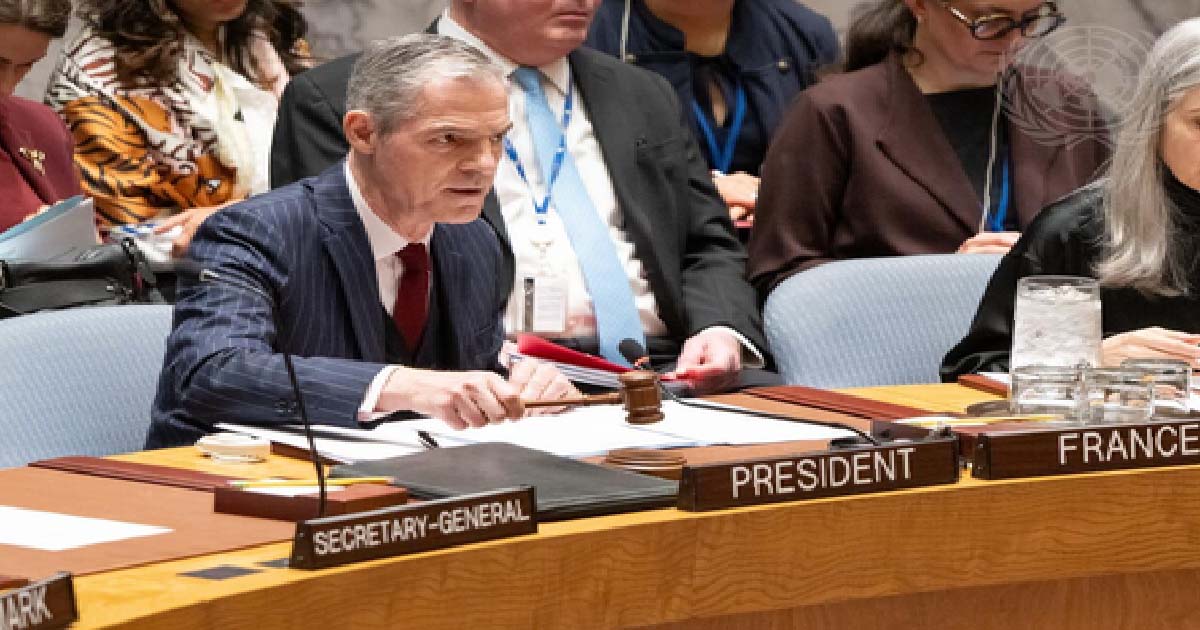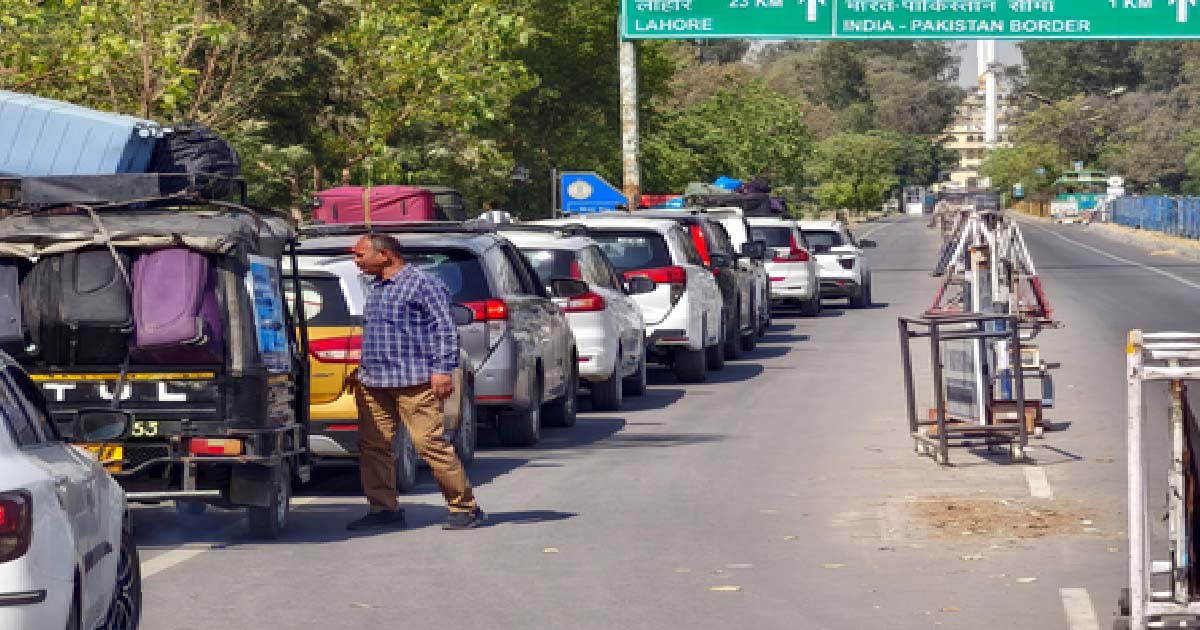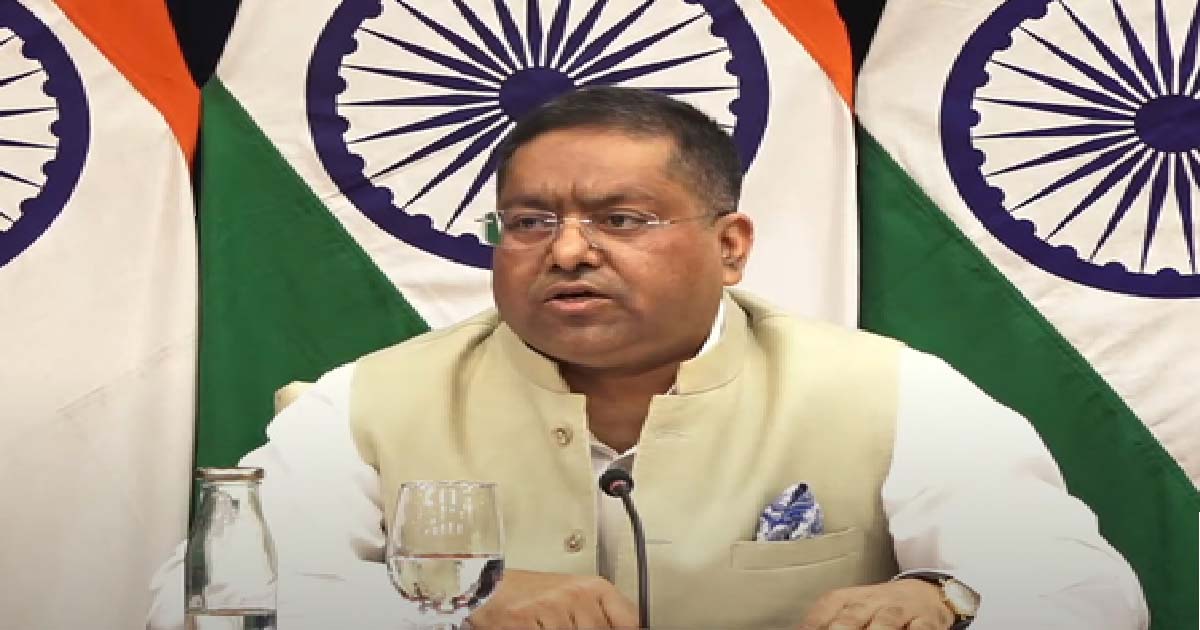International
Better bats, smaller boundaries reducing bowlers to bowling machines: Chappell
Former Australia captain Ian Chappell has lamented that a combination of better bats and smaller boundaries is reducing bowlers to being virtual bowling machines.
He has also called out the administrators of the game in taking steps to ensure that the T20 format does not become a predictable one, mainly due to the toss.
“The administrators need to find both the ideal balance between bat and ball and educate fans on cricket’s values. It is fine when middled deliveries finish up in the stands but a bowler should be extremely angry if a blatant mis-hit still clears the ropes. This problem is not so pronounced on larger Australian grounds, but I’m not sure what genius produced the ludicrous mixture of better bats and smaller boundaries.
“This combination is reducing bowlers to virtual bowling machines. It is a serious slight on good bowlers and needs to be rectified immediately,” wrote Chappell in his column for ESPNCricinfo on Sunday.
Chappell believes that Australia had the fortune of winning the toss on their side en route their first-ever T20 World Cup Trophy.
“Australia finally won the major trophy that has eluded their grasp for more than a decade – the ICC T20 World Cup. They clinched the trophy by clouting deliveries to and over the boundary, while producing a mixture of bowling that combined just enough wicket-taking with the right amount of containment. They also had the good fortune to win the toss when it really mattered, in a tournament where the major matches too often became a ‘win the coin flip, win the game’ event.
“That was one of the major flaws in a tournament that achieved quite a lot of success.”
The 78-year-old pointed out that it was crucial to find a solution to stop the format from becoming predictable.
“There’s an appeal for a worldwide T20 tournament featuring contests between nations. In addition, there’s widespread clamour for franchise cricket, which is increasingly popular and has experienced enormous success. However, there needs to be a wide-reaching survey into the changes required to improve the T20 format.
“To make it even more popular than it is, tournaments have to include a way to ensure the game doesn’t become a matter of winning the toss.”
Chappell said that a balance needs to be maintained in tactical and entertainment terms otherwise people will lose interest in T20 cricket.
“Fans should be engaged by the contest between bat and ball, enjoy the tactical battles – both team and individual – and require a certain amount of artistry in the batting. If these features are either missing or nearly non-existent, then it’s a struggle to envisage the game as truly being a form of cricket.”
International
UNSC asks all countries to cooperate in bringing Pahalgam terrorists, backers to justice

United Nations, April 26: The Security Council has “condemned in the strongest terms” the Pahalgam terrorist attack and urged all countries to cooperate in bringing all those involved in the massacre, to justice.
The members of the Security Council “stressed that those responsible for these killings should be held accountable, and urged all States, in accordance with their obligations under international law and relevant Security Council resolutions, to cooperate actively with all relevant authorities in this regard”, Council President Jerome Bonnafont said in a Press statement on Friday.
A front organisation of the Pakistan-based terrorist group Laskhar-e-Tayiba has owned responsibility for the attack.
The statement issued by France’s Permanent Representative Bonnafont who is the Council president for this month, took a broad view of those involved in the massacre by including the financiers and sponsors.
“The members of the Security Council underlined the need to hold perpetrators, organisers, financiers and sponsors of this reprehensible act of terrorism accountable and bring them to justice”, the statement said.
Pakistan, which is on the Council as an elected member, went along with the other members in endorsing the statement, committing itself – at least on paper – to bringing those involved to justice.
A Press statement expresses the consensus of the Council and carries moral authority, while not being legally binding like a resolution.
The statement also shot down the attempts by some in Pakistan to give terrorist attacks a veneer of justification.
“The members of the Security Council reiterated that any acts of terrorism are criminal and unjustifiable, regardless of their motivation, wherever, whenever and by whomsoever committed”, it said.
The Council members “reaffirmed the need for all States to combat by all means, in accordance with the Charter of the United Nations and other obligations under international law, including international human rights law, international refugee law and international humanitarian law, threats to international peace and security caused by terrorist acts”, the statement added.
Earlier, the spokesperson for Secretary-General Antonio Guterres hinted that a diplomatic effort by him may be afoot.
Asked by a reporter, if Guterres would speak to leaders of India and Pakistan, Spokesperson Stephane Dujarric said that he hoped to have something to share on that later.
Reiterating the condemnation of the terrorist attacks, Dujarric said, “We again urge both the Government of India and the Government of Pakistan to exercise maximum restraint to ensure the situation does not deteriorate further.”
When a reporter asserted that the possibility that “two nuclear countries” might “go to war” was getting insufficient attention, Dujarric said, “I don’t agree with your comment. We are paying very close attention to the situation between India and Pakistan.”
International
Wagah-Attari border closure leaves several families in limbo

Islamabad, April 25: Pakistan and India’s decision to shut down the Wagah-Attari border crossing after the deadly Pahalgam terror attack has forced several citizens from both countries to cut short their visit and rush back home.
On Thursday, after both countries announced closure of border crossing and gave a deadline for citizens to leave for their respective countries, at least 28 Pakistanis nationals returned from India while 105 Indian citizens in Pakistan crossed over into India.
A Hindu family from Balochistan’s Sibi was reportedly denied entry into India after the closure of border crossing.
“We were on our way to Indore in Madhya Pradesh to attend a wedding. Seven members of our family were excited to join our relatives in India and take part in the celebrations. But upon reaching Wagah, we learned that the border had been sealed. We will spend the night at Dera Sahib in Lahore and head back home tomorrow,” said Akshay Kumar.
Meanwhile, a Sikh family from India, in Pakistan to attend a wedding, decided to leave for India immediately.
“We had come to Pakistan for a wedding. While the ceremony took place, several important rituals remained. Once we heard the border was closed, we decided to return immediately,” said Raminder Singh, an Indian national.
A Hindu family from Ghotki in Pakistan’s Sindh province, now residing in New Delhi, was visiting Pakistan for the last two months to meet their relatives. However, they are now unsure about getting permission to return to India.
“There are five of us, including my young son and daughter, uncle and aunt. We all hold Pakistani passports and were granted No Obligation to Return to India (NORI) certificate by India. But uncertainty looms now, said a family member named Indira.
“Families with cross-border ties often bear the brunt of rising tensions between the two neighbours. With tensions between Pakistan and India once again on the rise, human connections across borders are becoming the first casualty,” said Asif Memood, a Lahore-based journalist.
“The closure of the Wagah-Attari border has left many families in limbo, uncertain when they will next reunite with their loved ones,” he added.
International
Murder of Hindu leader: India slams Bangladesh, says killing follows pattern of systematic persecution of Hindu minorities

New Delhi, April 19: India on Saturday issued a sharp condemnation of the abduction and brutal killing of Bhabesh Chandra Roy, a prominent Hindu community leader in northern Bangladesh, calling it part of a “pattern of systematic persecution” of minorities under the country’s interim government.
Ministry of External Affairs (MEA) spokesperson Randhir Jaiswal voiced India’s grave concern, stating that the incident reflects an alarming trend of targetted violence against Hindus and other minority groups in Bangladesh.
“We have noted with distress the abduction and brutal killing of Shri Bhabesh Chandra Roy, a Hindu minority leader in Bangladesh. This killing follows a pattern of systematic persecution of Hindu minorities under the interim government, even as the perpetrators of previous such events roam with impunity,” Jaiswal said in a post on social media platform X.
He added, “We condemn this incident and once again remind the interim government to live up to its responsibility of protecting all minorities, including Hindus, without inventing excuses or making distinctions.”
India has previously expressed similar concerns over rising attacks on minorities in Bangladesh, but this latest incident has drawn particular attention due to Roy’s prominence in the Hindu community.
Roy, who served as the Vice-President of the Biral unit of the Bangladesh Puja Udjapan Parishad, was abducted from his residence in Dinajpur district on Thursday evening. According to police and family accounts, he received a phone call around 4:30 p.m., after which four unidentified men arrived on motorcycles and forcibly took him to Narabari village. He was reportedly assaulted and later found unconscious. He was rushed to a hospital in Dinajpur, where he was declared dead on arrival. His wife, Shantana Roy believes the attackers used the call to confirm his location before carrying out the abduction.
Opposition leaders in India also slammed the shocking incident in the neighbouring country.
Congress President Mallikarjun Kharge highlighted that religious minorities, especially Hindus, are being persecuted in Bangladesh.
“Attacks on other religious minorities are also continuing. Recently, the Chief Advisor of Bangladesh made a very condemnable and disappointing comment about the northeastern states of India. The persecution of religious minorities in Bangladesh, human rights violations, and the attempt to erase the memories of the 1971 Liberation War are efforts to weaken the relationship between India and Bangladesh. From 1971 till today, India has always wished for peace and prosperity for all the people of Bangladesh. This is in the best interest of the subcontinent,” he said.
-

 Crime3 years ago
Crime3 years agoClass 10 student jumps to death in Jaipur
-

 Maharashtra1 year ago
Maharashtra1 year agoMumbai Local Train Update: Central Railway’s New Timetable Comes Into Effect; Check Full List Of Revised Timings & Stations
-

 Maharashtra1 year ago
Maharashtra1 year agoMumbai To Go Toll-Free Tonight! Maharashtra Govt Announces Complete Toll Waiver For Light Motor Vehicles At All 5 Entry Points Of City
-

 Maharashtra1 year ago
Maharashtra1 year agoFalse photo of Imtiaz Jaleel’s rally, exposing the fooling conspiracy
-

 National News1 year ago
National News1 year agoMinistry of Railways rolls out Special Drive 4.0 with focus on digitisation, cleanliness, inclusiveness and grievance redressal
-

 Maharashtra1 year ago
Maharashtra1 year agoMaharashtra Elections 2024: Mumbai Metro & BEST Services Extended Till Midnight On Voting Day
-

 National News1 year ago
National News1 year agoJ&K: 4 Jawans Killed, 28 Injured After Bus Carrying BSF Personnel For Poll Duty Falls Into Gorge In Budgam; Terrifying Visuals Surface
-

 Crime1 year ago
Crime1 year agoBaba Siddique Murder: Mumbai Police Unable To Get Lawrence Bishnoi Custody Due To Home Ministry Order, Says Report














